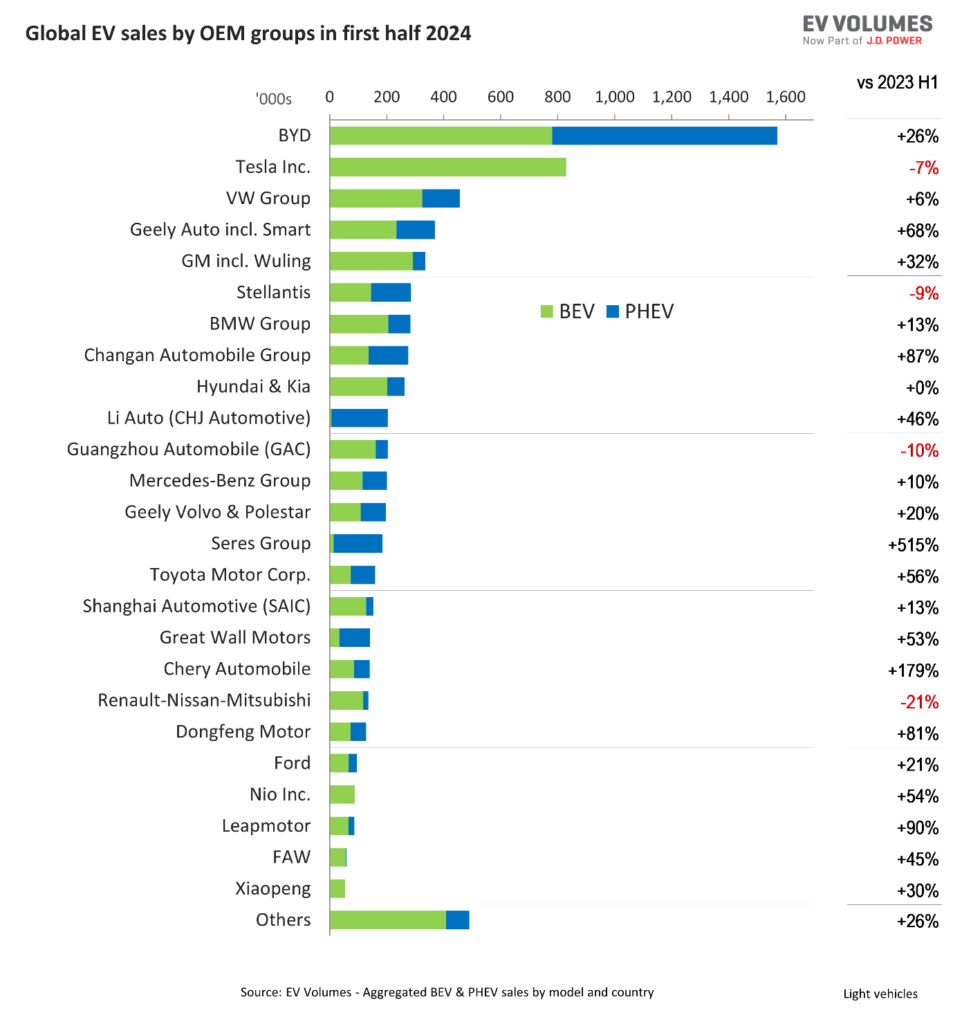Electric Vehicles: to some, the fulfillment of a Utopian promise—the inevitable future of clean and sustainable mobility; to others, a fad. Another passing Silicon Valley trend that does not grasp the realities of most of the developing world. Whichever camp you belong to, they are here, and they are here (seemingly) to stay.
So, should you buy an EV in Malawi today? Let’s dig in.
To understand the full context of EVs, we need to dial the clock back a couple of hundred years.
The year is 1872. One thing for sure then is that [literal] horsepower can only take us so far. Scientists and Engineers are in a frenzy to invent the technology that will propel us into the 20th Century. And way before the gas-guzzling engines we enjoy today, a chap called William Morrison makes a breakthrough with EVs in 1890.
However, political maneuvering, global agendas, and the muscle of oil moguls consigned EVs to the backseat, much like a Bright Nkhata single forgotten but not gone. The combustion engine stole the limelight, leaving electric vehicles humming quietly in the background, waiting for their eventual comeback tour.
The Winds of Change
But as it was in the beginning, is now, and possibly ever shall be.
Within the last couple of decades, the narrative has pivoted dramatically. Climate change isn’t just an environmentalist’s rallying cry anymore; it’s as real and in-your-face as Hurricane Freddy. And as the sea levels shifted, so did the political climate. With that apocalyptic backdrop, the Toyota Prius entered the scene. To many, this was the perfect introduction to the world of EVs: the familiarity of the Toyota brand; the pragmatism of hybrid—the one that came before the One.
But not from the West it seems, rather today, from the mega-factories of Shenzhen, and unto us a new car is born.
Advantages of EVs
So, what are EVs and what are they good for? See when you step on your accelerator today, your precious fuel is injected into your engine’s combustion chamber. Now, the fuel mixes with air, and then your spark plugs ignite the mix, pushing the pistons and turning the crankshaft. And the wheels of your bus go round and round.

But with Electric, it’s a whole different ballgame. You push the pedal, and instead of fuel and air mixin’ it up, you have ESCOM from your battery flowing to the electric motor. And as the motor spins, so do your wheels.
No lining up on the fuel queue. No buying expensive spare parts every two months. The only things you have to maintain are your braking, suspension, body and electronics!
Bringing it Home
Today, Tesla is by far the top dog in Electric Car sales and innovation. But China is catching up, and catching up quick! With an emphasis on affordable, entry-level EVs, packed with exciting tech such as voice assisted commands and full-blown Karaoke in your car, Chinese brands are slowly becoming a realistic first EV option for most in developing markets.
Here’s a chart showing Global plug-in electric vehicle market share in 2023, by main manufacturer:
 Source: Statista
Source: Statista
I’ve actually test driven a couple of BYDs myself, and even though Xeng Peng is the true symbol of Luxury, the value for money on these Chinese vehicles is becoming harder and harder to ignore, especially when you consider that there’s very little competitive advantage that your traditional German models bring to the table when it comes to EVs.
 Kabisa is a Rwandan-based EV supplier making waves in the region.
Kabisa is a Rwandan-based EV supplier making waves in the region.
The Challenge
But is Malawi ready? That’s the million MWK question. My short answer is no!
The first barrier is both cultural and economic. Most of us just don’t have the disposable income to pay $30,000 cash on a vehicle, even if its brand new. And for those that can, they would much rather by a 2023 second-hand Ford Ranger Wildtrack: it’s just a louder status symbol!
Then there’s the issue of expertise—or rather, the lack of it. Let’s face it, if your EV’s start acting up, good luck finding (and funding) a technician who can tell a lithium-ion battery from a car radio.
And don’t get me started on power supply. You must pray that a monkey doesn’t render our grid useless. Because when it does, it’s going to be bananas for you.
Then you have the actual charging infrastructure. I can go on and on.
As for our roads, let’s say there’s a lot of patching up to go.
 Source: Malawi24
Source: Malawi24
Sigh! I’m not trying to dampen your mood. If you can get your hands on a decent charging station at home, if you can find an SUeV with 500KM Range, and adequate clearance. If you have access to a trained EV technician, you can make it happen. But you would be going against the grain.
Opportunities
Where I see there to be glaring opportunities today for EVs is in public mobility.
e-Bikes
Let’s talk about eBikes. They are affordable, practical, and could fit perfectly into the PayGo business model. Imagine a system where kabaza passengers pay per ride, just like they do with mobile data. I’m talking about bundles for bikes. A system where the Kabaza driver doesn’t own the bike, he simply leases it, and pays a monthly bill per use.
 Source: CNN
Source: CNN
e-Buses
Next up are e-Buses. Not only does their large footprint allow us to pack more batteries in them, they are monumental in potential impact. With a single e-Bus, you can ferry dozens of people around town, all while keeping the carbon footprint, maintenance costs, and the cost of transportation low.
 Source: ESI Africa
Source: ESI Africa
e-Farming Vehicles
Finally, e-farming. With Agriculture being a staple to our economy, some of the biggest impact could lie in an agriculture electric revolution, and e-Farming vehicles could be the first wave. From e-tractors that plough fields, and e-bikes that propel alangizi further into remote villages, to e-drones that monitor crop health, the sky’s the limit. With fewer moving parts, e-Farming vehicles often have lower maintenance costs and higher efficiency. Modern e-Farming vehicles can be coupled with advanced technologies like GPS, IoT sensors, and even AI algorithms. This results in precision farming where you can monitor and control every aspect of your farming operations, right from your smartphone. Paired with renewable energy sources such as solar panels, e-Farming vehicles can make a farm energy-independent, reducing reliance on the grid or fuel.
 Source: GIZ
Source: GIZ
In Conclusion
Malawi might not be ready for an individual electric car revolution just yet. The challenges are real: from economic constraints and a dearth of technical expertise to a power grid as reliable as a weather forecast. This is not helped by our collective hesitation to part with status symbol cars, favoring roaring engines over the silent hum of an EV.
But the opportunities in public mobility are ripe for the picking. E-bikes, e-buses and e-farming vehicles present a compelling case that benefits not only the environment, but the economy as well. So, if you’re an investor, policymaker, or even an everyday citizen looking to make a difference, this is where you might want to set your sights. We have the chance to leapfrog over decades of infrastructure neglect and urban sprawl to create a public transportation system that’s not just adequate, but exemplary. Let’s not miss the bus on this one, shall we?
